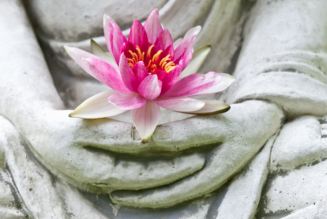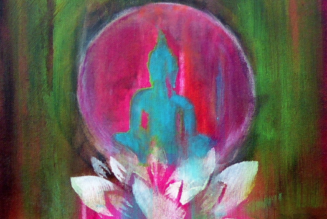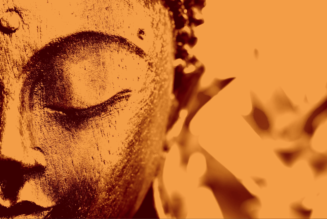Want Good Karma? Then Do Your Dharma.
According to Ayurveda, every human being has four basic responsibilities. The four responsibilities are dharma [righteous actions], artha [wealth], kama [desire] and moksha [liberation]. Ultimately, these four responsibilities provides the seeker the highest ideal of eternal bliss while enjoying the worldly joys.
Prithivim dharmana dhritam – Mahabharata
“This world is upheld by dharma.”
The Four Basic Responsibilities
Dharma is the first responsibility. Dharma is the path of righteousness and living according to the codes of conduct – living truth. Want good karma? Then do good dharma.
Artha is the next responsibility which is to acquire life’s basic needs – food, shelter, and clothing. One meaning of artha is money or to earn a livelihood since money is needed to acquire the basic needs of life. A more deeper understanding of money is knowing it to be currency [current; flow of energy] and artha being the means for attaining these basic needs of life.
Kama is the third responsibility. Once life’s basic needs [food, shelter, and clothing] are acquired the next desire to be fulfilled is kama. One meaning of kama is sex another meaning is desire. However, kama is that which gives fruitfulness, creation; procreation.
Moksha is the final attainment of all human beings. Moksha is liberation and total freedom. Even further, moksha implies gaining mukti which leads to liberation from the bondage of karma. This arises when the individual establishes control over the five senses of the mind, a state of mind called ‘Nirvilkalpa Samadhi’ – a state of nothingness which reflects ultimate truth and absolute freedom.
What Is Dharma? … A Beautiful Explanation!
Manusmrti [“The Laws Of Manu”] written by the ancient sage Manu, provides 10 essential rules for the observance of dharma: Patience (dhriti), forgiveness (kshama), piety or self control (dama), honesty (asteya), sanctity (shauch), control of senses (indraiya-nigrah), reason (dhi), knowledge or learning (vidya), truthfulness (satya) and absence of anger (krodha). Manu further writes, “Non-violence, truth, non-coveting, purity of body and mind, control of senses are the essence of dharma”. Dharmic laws, therefore, govern not only the individual but all in society.
Good Dharma; Good Karma
In order to achieve good karma, it is important to live a life of right actions – good dharma. According to the Bhagavat Purana, righteous living [i.e. good dharma] has four aspects: austerity (tap), purity (shauch), compassion (daya) and truthfulness (satya). The purpose of dharma has many implications – both worldly and Godly. Not only is dharma to attain a union of the soul with the supreme reality, it also suggests a code of conduct that is intended to secure both worldly joys and supreme happiness. May we all live a life of good dharma fully enjoying both worldly joys and supreme happiness.
“My religion is very simple. My religion is kindness.” – Dalai Lama



![Female Health: Amenorrhea [cessation of menses] – An Ayurvedic Perspective](https://healthyayurveda.com/wp-content/uploads/2015/07/1.-Amenorhea--327x219.png)




